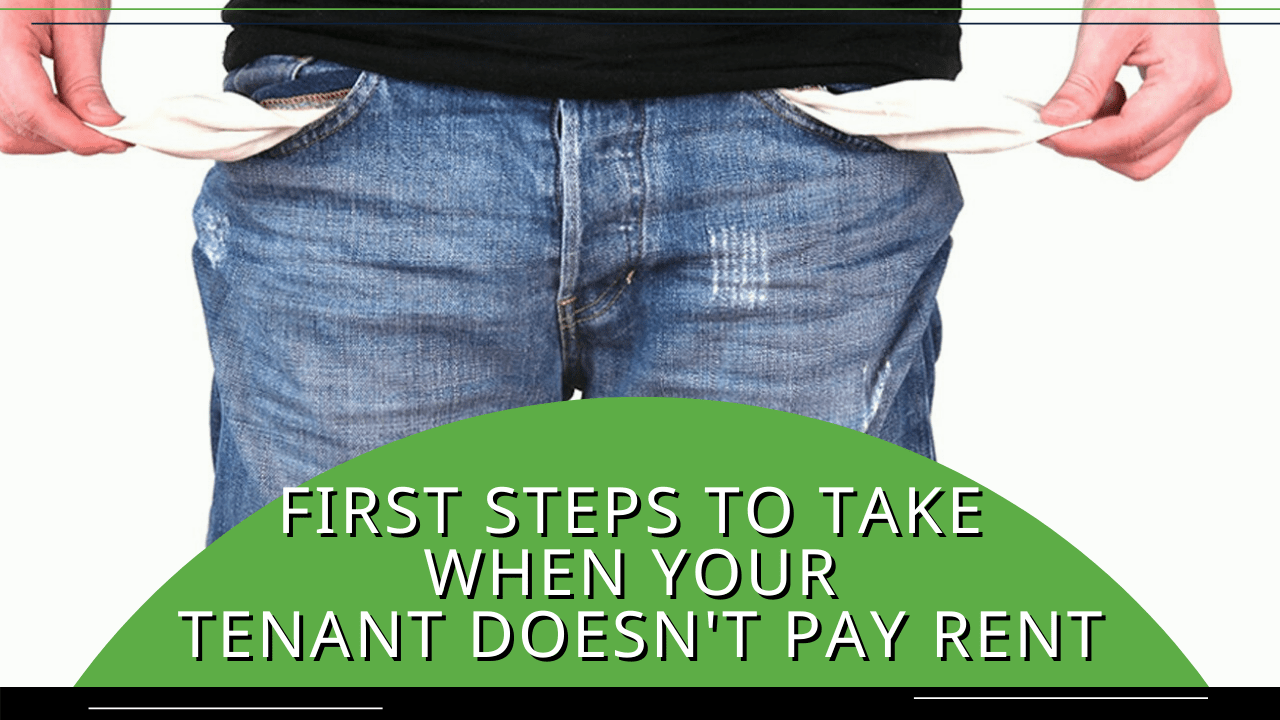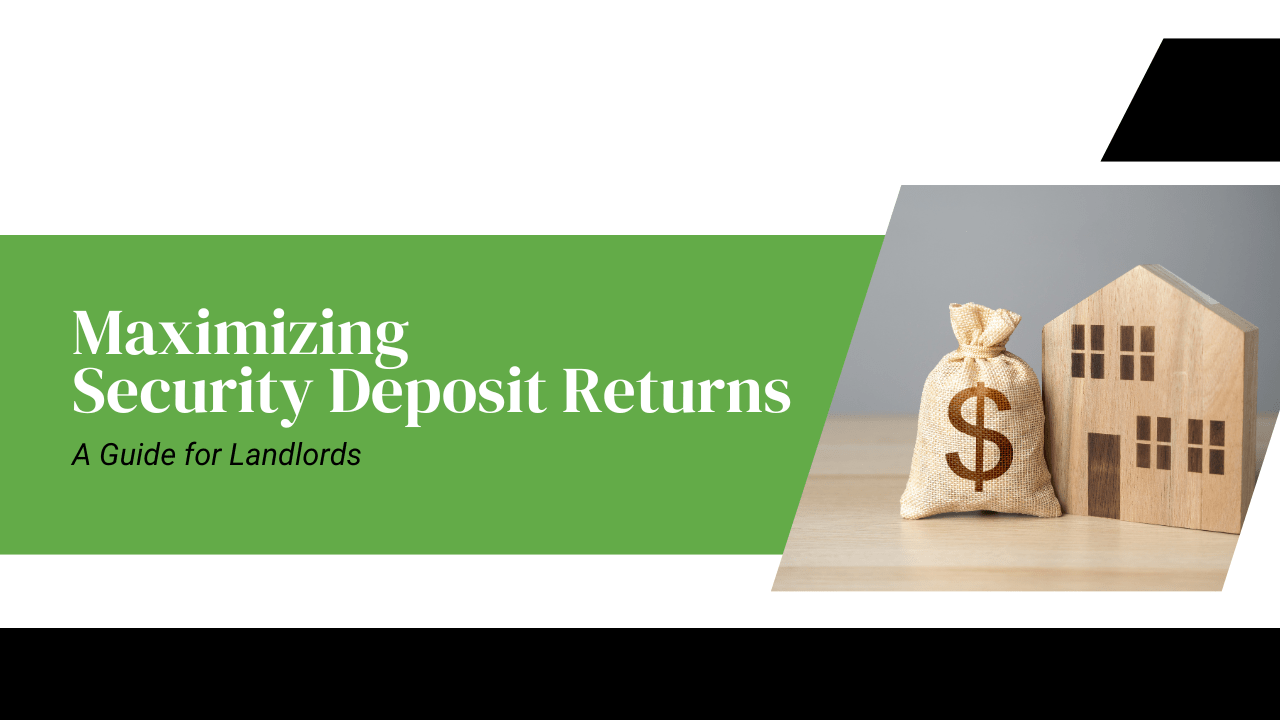First Steps to Take When Your Tenant Doesn't Pay Rent in California City
August 21, 2020

One of the concerns many new landlords tend to have is that their tenant won’t pay rent. When you do a thorough tenant screening, you can be sure you’re placing a tenant who has a record of on-time rental payments. However, things beyond our control do happen, and if your tenant seems to be slow in paying rent, you need to take immediate action. Collecting rent on time is important for your cash flow.
If you have a tenant who is late, follow these steps to collect the overdue rent.
Set Forth Expectations in Your Lease Agreement
Your rent collection policies must start with your lease agreement. Make sure you clearly state how much rent is due, when it’s due, and how it should be paid. You also want your lease to include the penalties for late rent. So, your lease might state that rent is due on the first of the month. Perhaps you’ll allow a grace period of three or even five days. Make sure your tenants know on which date that grace period ends, and when rent will be considered officially late. When they have all the information they need and they understand your expectations, there can be no excuses for why it has not been paid on time.
Communicate with Your Tenants
A good relationship between landlords and tenants
brings many benefits. One of those benefits is that your tenants will feel comfortable letting you know if rent is going to be late one month, and why. If your grace period has passed and you still don’t have your tenant’s rent, get in touch. Send a message or make a phone call just to remind them that you didn’t receive the rent, and to ask them when you can expect it. If they are willing to talk to you, that’s a good sign. Listen to them and be empathetic to their situation. If this is a tenant who usually pays on time, it’s likely that the late rent is simply an oversight or due to an unexpected circumstance. Set up a payment schedule or arrangement, and put the details of that arrangement in writing. Then, enforce it. If your tenant does not pay according to what you agreed upon, you’ll need to take additional steps.
Send a Three Day Notice
If your tenant will not talk to you about the late rent or does not paid according to the agreed-upon terms, you need to send a Three Day Notice to Pay or Quit. This notice effectively lets the tenants know that they are in violation of their lease, and they have three days to either pay the overdue rent or move out of the property. Usually, this formal notice, which is served in-person or posted on the door of the property, will inspire your tenants to get the rent caught up. They know that the next step is an eviction, and they will likely want to avoid that.
Moving Towards Eviction
When you don’t receive your rent after the three business days, it’s time to get the courts involved. This is not an easy process, even for experienced landlords, so we always recommend you work with a good landlord attorney. If you’re not sure where to turn, talk to a property manager
for help.
We’d be happy to help you get your rent collected on time. Contact us
at JBL & Associates for more information.





